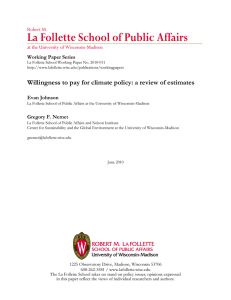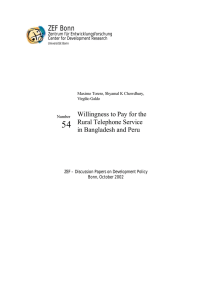Document 12013388
advertisement
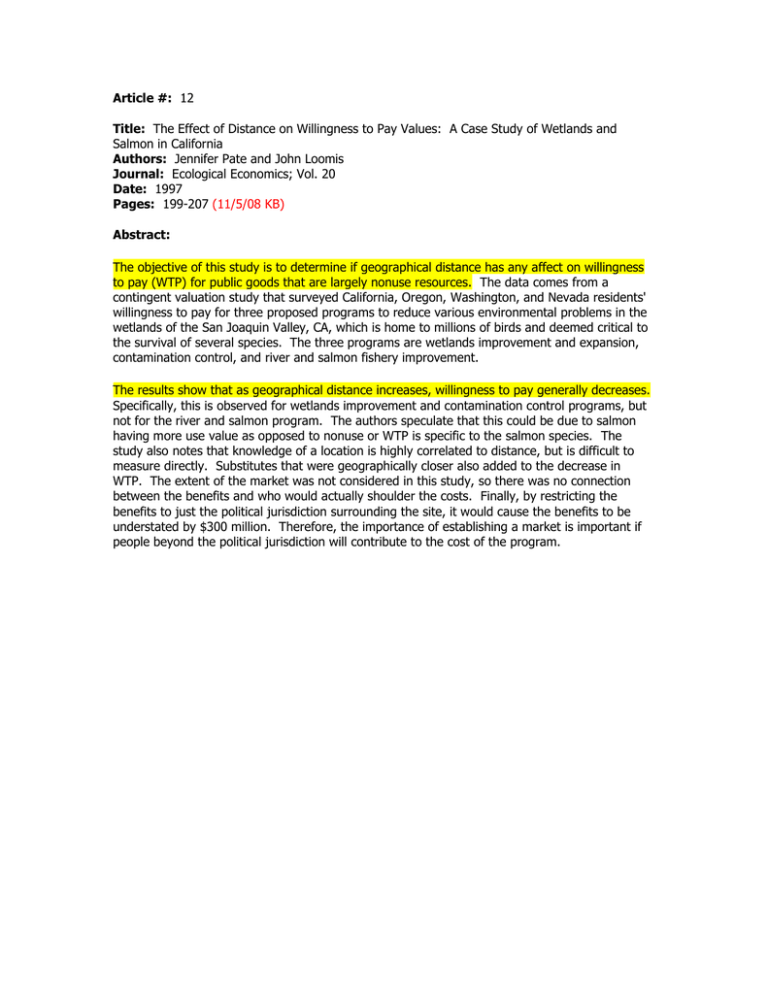
Article #: 12 Title: The Effect of Distance on Willingness to Pay Values: A Case Study of Wetlands and Salmon in California Authors: Jennifer Pate and John Loomis Journal: Ecological Economics; Vol. 20 Date: 1997 Pages: 199-207 (11/5/08 KB) Abstract: The objective of this study is to determine if geographical distance has any affect on willingness to pay (WTP) for public goods that are largely nonuse resources. The data comes from a contingent valuation study that surveyed California, Oregon, Washington, and Nevada residents' willingness to pay for three proposed programs to reduce various environmental problems in the wetlands of the San Joaquin Valley, CA, which is home to millions of birds and deemed critical to the survival of several species. The three programs are wetlands improvement and expansion, contamination control, and river and salmon fishery improvement. The results show that as geographical distance increases, willingness to pay generally decreases. Specifically, this is observed for wetlands improvement and contamination control programs, but not for the river and salmon program. The authors speculate that this could be due to salmon having more use value as opposed to nonuse or WTP is specific to the salmon species. The study also notes that knowledge of a location is highly correlated to distance, but is difficult to measure directly. Substitutes that were geographically closer also added to the decrease in WTP. The extent of the market was not considered in this study, so there was no connection between the benefits and who would actually shoulder the costs. Finally, by restricting the benefits to just the political jurisdiction surrounding the site, it would cause the benefits to be understated by $300 million. Therefore, the importance of establishing a market is important if people beyond the political jurisdiction will contribute to the cost of the program.
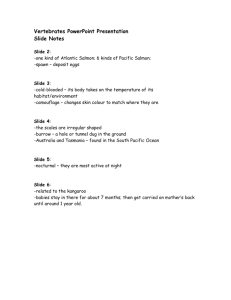
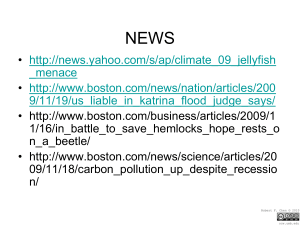
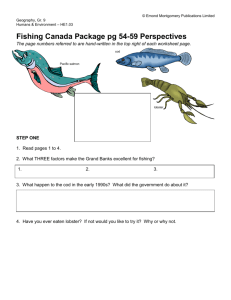
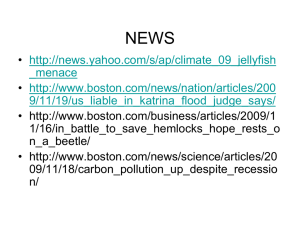


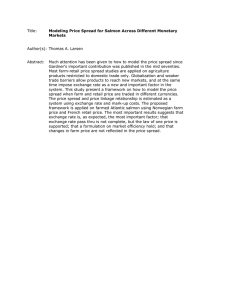


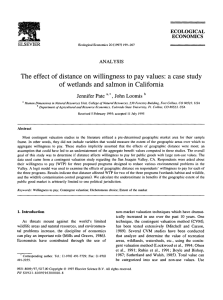
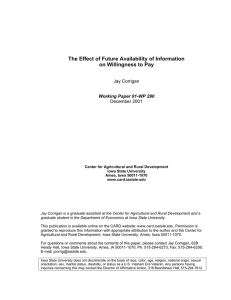
![This article was downloaded by: [Oregon State University]](http://s2.studylib.net/store/data/013307724_1-42cacf1453664d60e01a7ed43349af4f-300x300.png)
